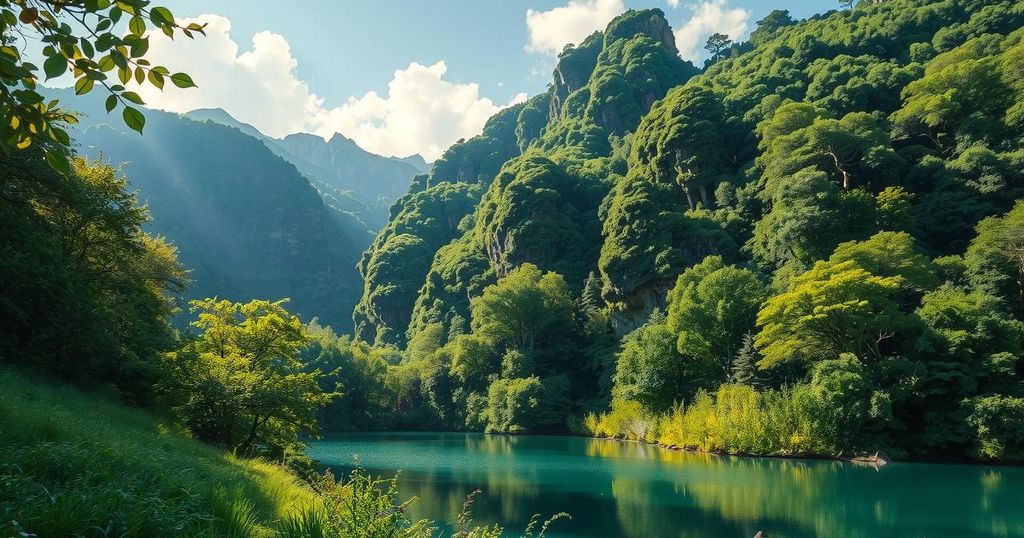The Inter-American Court of Human Rights has ruled that Ecuador violated the rights of uncontacted Indigenous peoples by allowing oil drilling in their territories. The court ordered measures to protect these groups, such as enforcing the precautionary principle and preventing illegal invasions. This ruling marks a historical precedent for Indigenous rights, emphasizing environmental protection and cultural integrity.
The Inter-American Court of Human Rights has declared that the Ecuadorian government has violated the rights of uncontacted Indigenous populations residing in the Amazon rainforest. This landmark ruling specifically addresses the detrimental effects of oil drilling on the Tagaeri, Taromenane, and Dugakaeri groups, who exist in voluntary isolation. The court has mandated the government to prevent future oil operations from encroaching upon the territories of these Indigenous peoples.
The court emphasized the vulnerability of Indigenous groups living in voluntary isolation and insisted that any activities disturbing their territories, particularly oil drilling, should undergo thorough evaluation. Furthermore, the court has invoked the “precautionary principle,” entailing that preventive measures must be implemented even without definitive scientific evidence of potential hazards.
In addition to highlighting territorial rights, the ruling underscores that the rights of these Indigenous individuals extend to their cultural identity and overall well-being. The court called on the Ecuadorian government to take steps against external threats, such as illegal logging, that could infringe upon the uncontacted peoples’ right to remain undisturbed.
To adequately safeguard the rights of the Tagaeri, Taromenane, and Dugakaeri, the ruling suggested expanding protected rainforest territories beyond the current limits labeled as the “Intangible Zone.” Historical context reveals that their lands have been threatened by oil industry activities, which began as early as the late 1950s following forced contact initiated by missionaries and oil corporations.
The oil industry has had severe impacts on the Waorani communities, leading to displacement and environmental degradation. Activists initiated legal proceedings in 2006 to address these violations, which ultimately culminated in the recent court ruling that demands accountability from the Ecuadorian government. Uncontacted Indigenous populations represent valuable cultures that face increasing threats from external activities, necessitating urgent protective measures by authorities.
This ruling does not just affect the uncontacted groups but also nearby Indigenous communities, and the ramifications of such decisions could lead to more comprehensive protections for the rights and lands of vulnerable populations across Ecuador and beyond. With approximately 200 Indigenous communities believed to live in voluntary isolation globally, this ruling sets a significant precedent in fostering awareness and legal recognition of their rights.
The Inter-American Court of Human Rights has issued a significant ruling affirming the rights of uncontacted Indigenous peoples in Ecuador, mandating protective measures against oil industry impacts. This landmark decision highlights the critical need for diligent evaluation of indigenous territories and legally recognizes the broader implications for similar Indigenous communities worldwide. Continued advocacy and legal compliance will be essential to safeguard their rights and preserve their cultural identities.
Original Source: insideclimatenews.org




